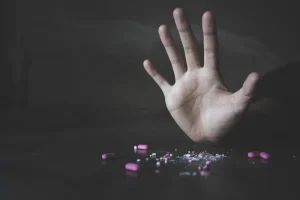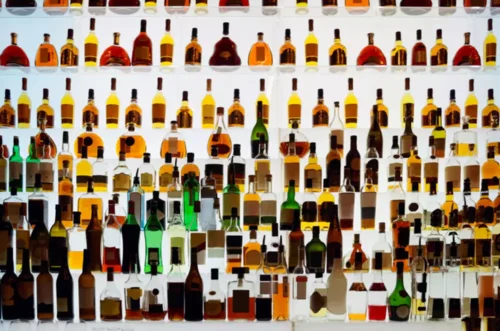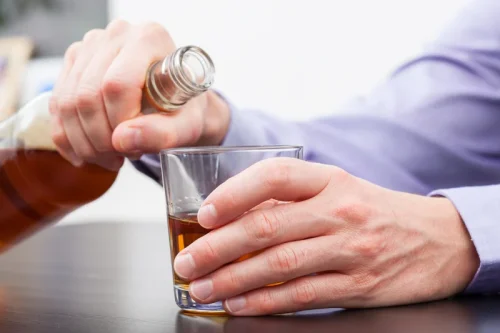Overview of dehydration: What to know, drink types, and tips


It’s best to drink while eating or just after, and to snack as you continue to drink. While the amount of alcohol you consume is the main determinant of how dehydrated you’ll eventually become, you’re better off starting a drinking session well hydrated as opposed to already dehydrated. If you have a history of substance abuse, then you should probably avoid wine and any other alcoholic beverage completely. Also be very careful if you have a family history of alcoholism.


Make sure you’re hydrated before you start drinking
There are also many dessert wines that are made from dried grapes, providing a deep sweetness. The California variety of Zinfandel is usually bold, with ripe flavors including blueberry and peach. Try it with barbecue and other meals with richly flavored meat. White Zinfandel is a blush wine made from this type of red wine variety.
- For reference, a standard drink—12 ounces of beer, 5 ounces of wine, 1.5 ounces of liquor—has 14 grams of alcohol, according to the National Institute on Alcohol Abuse and Alcoholism [3].
- For many adults, the stress of the COVID-19 pandemic has affected how much and how often they drink alcohol.
- If you’ve ever heard the term, “breaking the seal,” you know that alcohol has a diuretic effect on the body, meaning it causes you to urinate more frequently.
- Alcohol dehydrates you, and it’s crucial to drink plenty of water and replenish electrolytes after consuming alcoholic beverages to restore optimal fluid balance.
- In particular, it’s best to enjoy caffeinated energy drinks and alcohol in moderation and consume them alongside water to stay properly hydrated.
Don’t drink on an empty stomach
The NCI links alcohol use with various cancers, including mouth, throat, liver, breast, and colon cancer. A 2018 study found that resveratrol reduced does red wine dehydrate you oxidative stress and cell death in rats with traumatic brain injury. Yes, rehydration is one of the best ways to reduce hangover symptoms.
Which alcohol is most dehydrating?
- Despite any possible benefits, the official Dietary Guidelines for Americans do not recommend that people start drinking or drinking more for any reason.
- Drinks that may result in dehydration can include alcoholic, caffeinated, and sugary beverages.
- The association between moderate alcohol consumption and reduced risk of new-onset type 2 diabetes is inconclusive.
- Talk to your doctor about the benefits and risks of moderate drinking.
- But antioxidants in red wine may increase levels of high-density lipoprotein (HDL) cholesterol, also called the “good” cholesterol, and protect against cholesterol buildup.
These antioxidants, especially resveratrol and proanthocyanidins, are believed to be responsible for the health benefits of red wine. It is high in antioxidants, and drinking moderate amounts has been shown to be good for health. Because a beer — consumed slowly — is the least dehydrating, it’s easy to jump to the conclusion that liquor is always the most dehydrating alcohol. In fact, a mixed drink can be more hydrating (okay, okay, less dehydrating) than taking a shot.


Other compounds contained in wine may help regulate how serotonin transmits within the brain, a mechanism that can malfunction in cases of mood disorders. Research shows that resveratrol may also help prevent vision loss by reducing inflammation and oxidative stress. A 2015 review reported that resveratrol might help protect against secondary brain damage after a stroke or central nervous system injury. This is due to its positive effects on inflammation, oxidative stress, and cell death.
What are the treatments for dehydration?
Considering the fact that sugar is actually being converted into alcohol during fermentation, wines with higher alcohol levels will naturally be dryer. So, if the wine has higher alcohol, (14-16%), you can be sure that there is less sweetness. Resveratrol might be key to what could make red wine heart https://ecosoberhouse.com/article/anger-and-alcoholism/ healthy. Learn the facts and hype about red wine and how it affects the heart. Moderate consumption of red wine is typically defined as one glass per day for women and up to two glasses per day for men. Yes, higher alcohol content in wines can have a stronger diuretic effect, so moderation is key.
How Long Does Alcohol Stay in Your System?
This is partly because it creates toxins in the body, damages body tissues, and creates oxidation. This means that the potential adverse effects of alcohol may outweigh any benefit from resveratrol. Therefore, anyone with diabetes should check with their doctor before drinking alcohol. However, the research is limited, and doctors need more evidence before understanding the true effects of red wine on gut health.



Leave a Reply